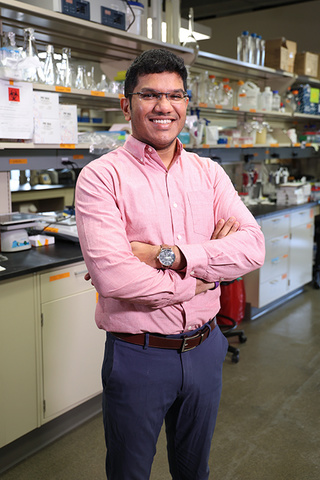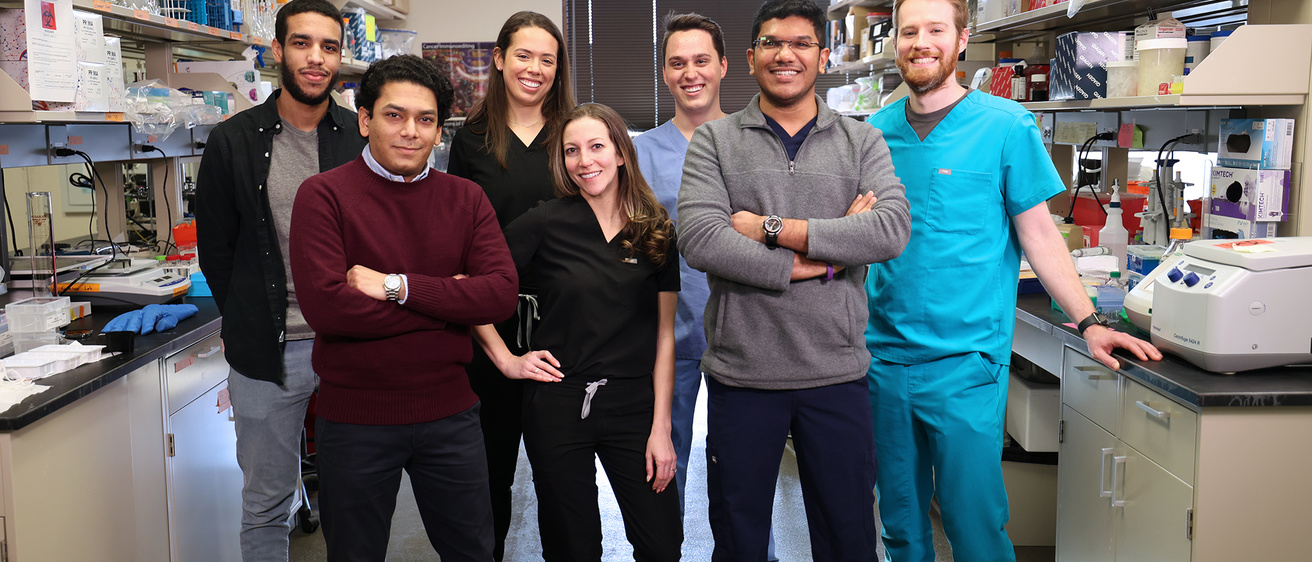In the vitamin section of your grocery store, it is common to find prebiotics, probiotics, and postbiotic supplements as a tool for maintaining a healthy microbiome in the digestive system. These supplements improve digestive health by providing food that help good gut bacteria thrive, they add good bacterial to the gut, or they contain good “waste” material from bacteria, respectively.
The science behind these supplements is well-founded, but bacteria of various kinds also play an important role in oral health. Dentists have long known that certain bacteria are associated with tooth decay or gum disease and that certain foods, particularly sugars, help “bad” bacteria grow, but the overall science of the oral microbiome and its complex relationship to oral health and disease needs further study.

“We have a long way to go before we understand how changes to the oral microbiome happen, how those changes affect overall health, and why people respond differently to changes in the oral microbiome,” explained Sukirth Ganesan, assistant professor in the Department of Periodontics.
Ganesan uses a scientific framework, called an “integrated -omics” approach, for improving our understanding of the oral microbiome. This framework includes multiple layers, including:
- Identifying what bacteria species are present and their genetic makeup (microbial).
- Determining what those bacteria species do and how they function (metabolic).
- Analyzing the pattern of relationships that exists among various bacteria and the mouth (functional).
- Examining how the body and the mouth respond (immune response).
“The integrated -omics approach provides a comprehensive picture of what oral health and disease is with the goal of eventually developing targeted topical applications that can improve oral health,” Ganesan said.
By precisely identifying the microbial biomarkers and their impact on the oral microbiome, the aim is to develop a specific, personalized treatment warranted by the specific microbial, metabolic, functional characteristics of conditions for each patient.
Ganesan is applying this framework to a variety of conditions that affect the oral microbiome, including COVID-19, metabolic syndrome, diabetes, oral cancer, obesity, and periodontitis, and he has received a great deal of interdisciplinary collaboration at the University of Iowa—particularly from UIHC.

For example, Ganesan and his team are using their multi -omics approach to study the relationship between periodontal disease and metabolic syndrome, and the team received a National Institutes of Health R03 grant for over $300,000 for this project. Metabolic syndrome is a cluster of conditions—such as high blood pressure, obesity, high cholesterol, etc.—that increase the risk of heart disease and Type 2 diabetes. Metabolic syndrome tends to lead to severe and more extensive periodontal disease, but some patients have metabolic syndrome and do not have periodontal disease (and vice versa). Ganesan and his team are using their multi -omics approach to determine the precise relationship between these conditions, which could help prevent disease or provide early indicators of disease and possible avenues for treatment at an early stage of the condition.
“Dr. Ganesan’s expertise in multi-omics approaches to analyzing the oral microbiome is essential for understanding the complex interactions between the host and the host’s microbial colonizers in the contexts of both health and disease,” said Jeff Banas, director and professor in the Iowa Institute for Oral Health Research.
Banas also commended Ganesan for sharing his expertise and knowledge collaboratively to improve this area of research at the college and the university.
Ultimately, oral health is necessary for overall health, and Ganesan’s research is laying the groundwork for having a workable and clinically useful understanding of the oral microbiome. Perhaps one day, because of work like his, treatments for the oral microbiome will be as ubiquitous as treatments for the digestive system’s microbiome.
